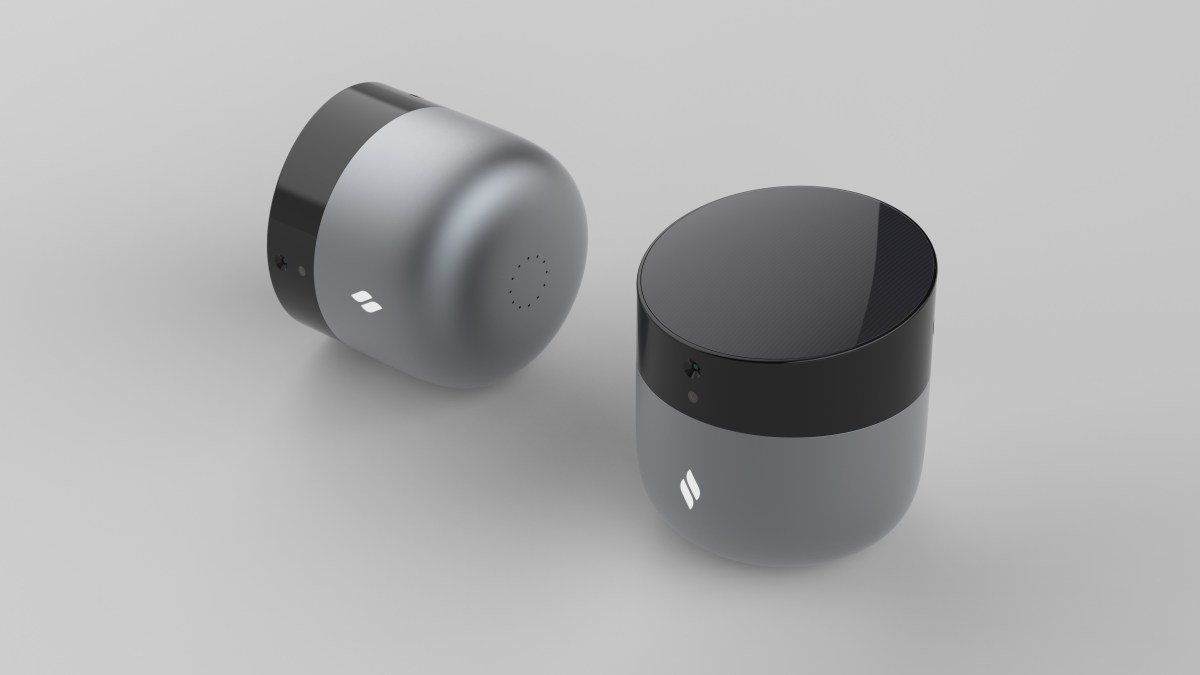The Nest Protect is the single best piece of smart home hardware I’ve ever purchased. Not everything in your home would benefit from being connected, but smoke detectors really do. They go a long way toward providing peace of mind when you’re away from home. Hopefully you’ll never need it, but if you do, it could potentially save lives.
Founded in 2020, Torch is bringing some of these ideas to an entirely different setting. The $299 device is mounted onto a spike screwed into a tree, providing early outdoor detection for up to 10 acres. It’s a huge addressable market, and one that — unfortunately — is poised to only grow in the coming years as wildfire threats increase.
Climate change is the obvious culprit here, leading to droughts and higher temperatures that provide a perfect environment for devastating fires, especially in the western United States. As NASA recently noted:
One study by scientists funded through NASA’s Earth Science Data Systems program, known as NASA EarthData, found near exponential growth in fire frequency and size in the western U.S. from 1950 to 2019. The average wildland fires of the 1950s were 1,200 acres (485 hectares), but by the 2010s the average had doubled to over 3,400 acres (1,376 hectares).
The idea behind Torch dates back a few years before the company’s creation, when co-founder and COO Vasily Tremsin was still in high school.
“I developed the idea back in high school in 2017, as part of a science fair. In my senior year, there were these huge Napa Valley fires that took out half of the city of Napa,” he said in an interview with TechCrunch. “My school closed down for a week, because there was so much smoke. It was a horrible situation, people lost billions of dollars in damage. I always did science projects solving some kind of issue, and there wasn’t any detector like this for the outdoors.”
Michael Buckwald, who helped start the innovative peripheral startup Leap Motion, teamed up with Tremsin as co-founder and CEO. Speaking with TechCrunch, he cites his own time living in San Francisco as a major driver in his decision to come on board.
“When Vasya [Vasily] approached me with all of the progress and the very unique idea of a distributed approach to a low-cost sensor that could be placed frequently, it seemed obvious,” said Buckwald. “I guess I’m attracted to things that can be great businesses — because there’s a lot of land to cover, and it’s a problem that’s getting worse, not better — and can also have an impact on the world. So many of the deaths and so much of the damage from fires is from secondary and tertiary sources. The deaths are at least 100 times greater from pollution, the economic impact from pollution and the carbon impact. The statistics are really extraordinary.”
The on-board sensors are on the lookout for heat, light and smoke. When the data hits a specific threshold, an alert will be wirelessly sent to the owner’s connected device. Currently the on-board thermal camera is reserved for detection, but a future version could bring a live feed, either on device or through a connected camera (or, perhaps, drone). The limitations are due in part to power demands. The product is solar powered, and implementing too many features would be a drain on the battery.
The devices communicate using radio signals, forming a kind of mesh network that allows you to add dozens or even hundreds of them to a single Wi-Fi gateway.
Torch says it’s been validating the technology for some time, courtesy of controlled burns by third parties. The company notes, “This patented approach has been tested on prescribed fire burns across California: in Sonoma, Lake, and Butte counties. Verifying results through multiple variables minimizes false positives and ensures accuracy.”
Preorder for the product opens today. Torch is expecting to ship in the first quarter of next year.
